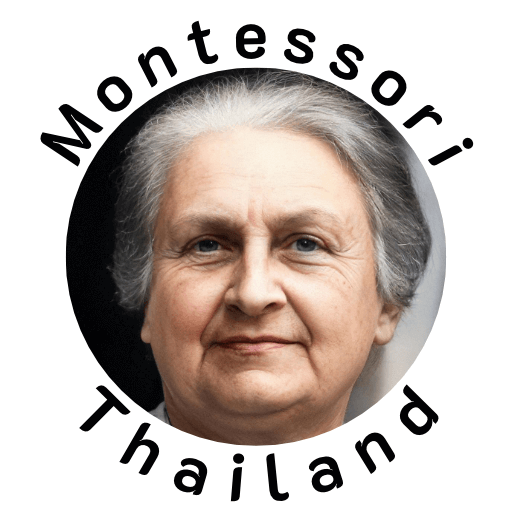
by MontessoriX | 1 Aug 2023 | Glossary
Phonological awareness is a critical skill that children develop in the early stages of learning to read and write. In a Montessori setting, explicit phonological awareness instruction is a key aspect of the curriculum, aiding the transition from oral language to...

by MontessoriX | 1 Aug 2023 | Glossary
Phonics instruction in Montessori classrooms is designed to help children discover the rules of phonics themselves, primarily through the use of hands-on learning materials. This methodology aims to help children understand the sound-letter relationship, which is...

by MontessoriX | 1 Aug 2023 | Glossary
Phonemic Awareness is an essential part of the Montessori language curriculum, especially for children between the ages of 2 and 3 years. Before teaching children letters or reading, Montessori education focuses on enhancing phonological...

by MontessoriX | 1 Aug 2023 | Glossary
In Montessori education, Points of Interest are specific features intentionally integrated into each activity or material to captivate a child’s attention, guide their progress, and encourage repetition and exploration.[1] These points of interest...

by MontessoriX | 1 Aug 2023 | Glossary
In Montessori education, the Planes of Development refer to specific stages of human development, spanning from birth to maturity. These stages, proposed by Maria Montessori, are fundamental to her theories of developmental psychology, and provide insight...

by MontessoriX | 1 Aug 2023 | Glossary
In the Montessori pedagogy, personality is defined as the unique combination of mental and physical attributes that define a child’s individual self. Maria Montessori believed that an appropriately prepared environment and the freedom to act spontaneously...







